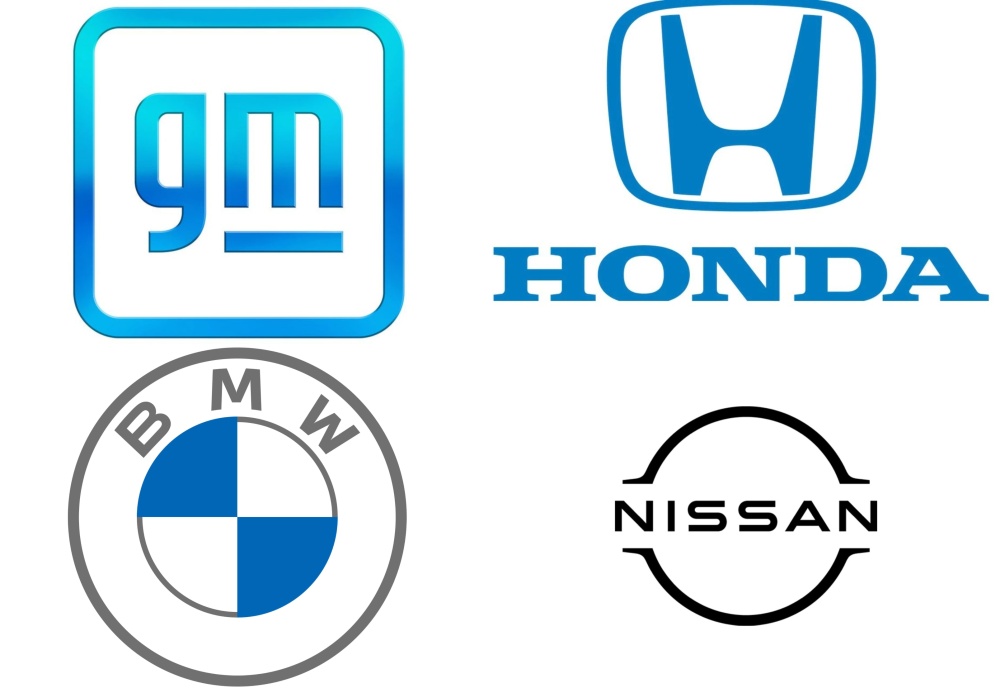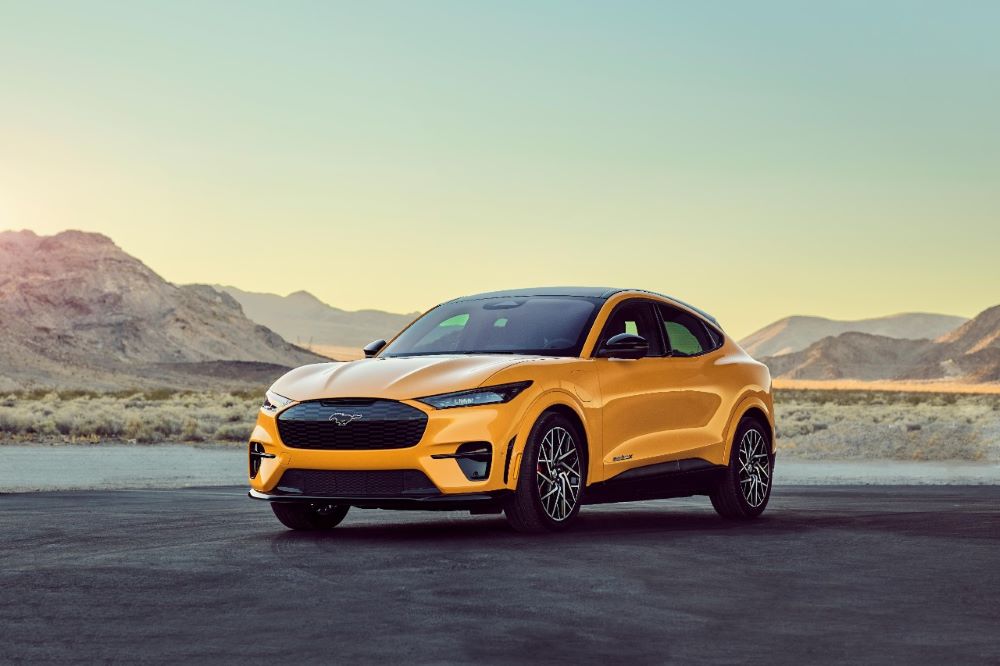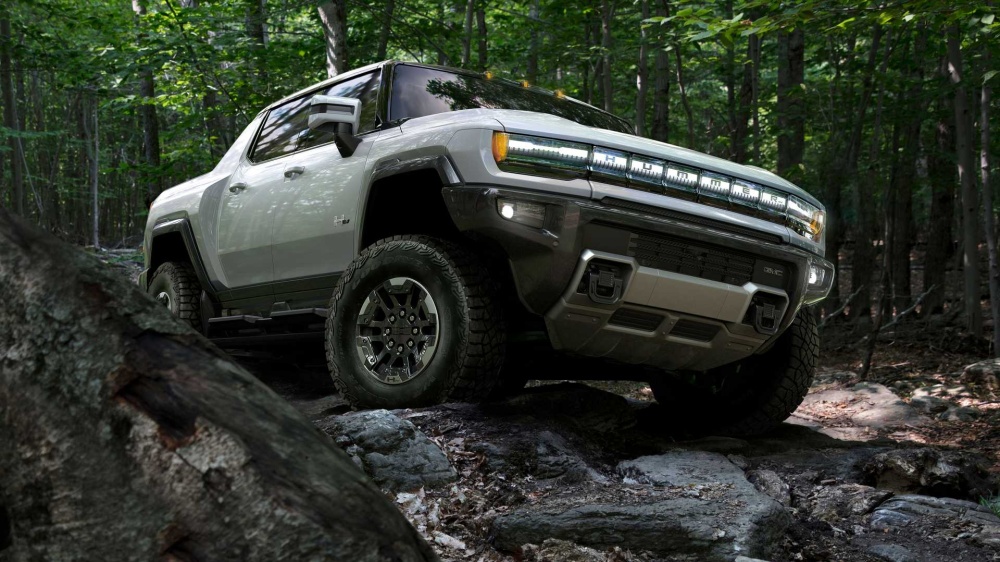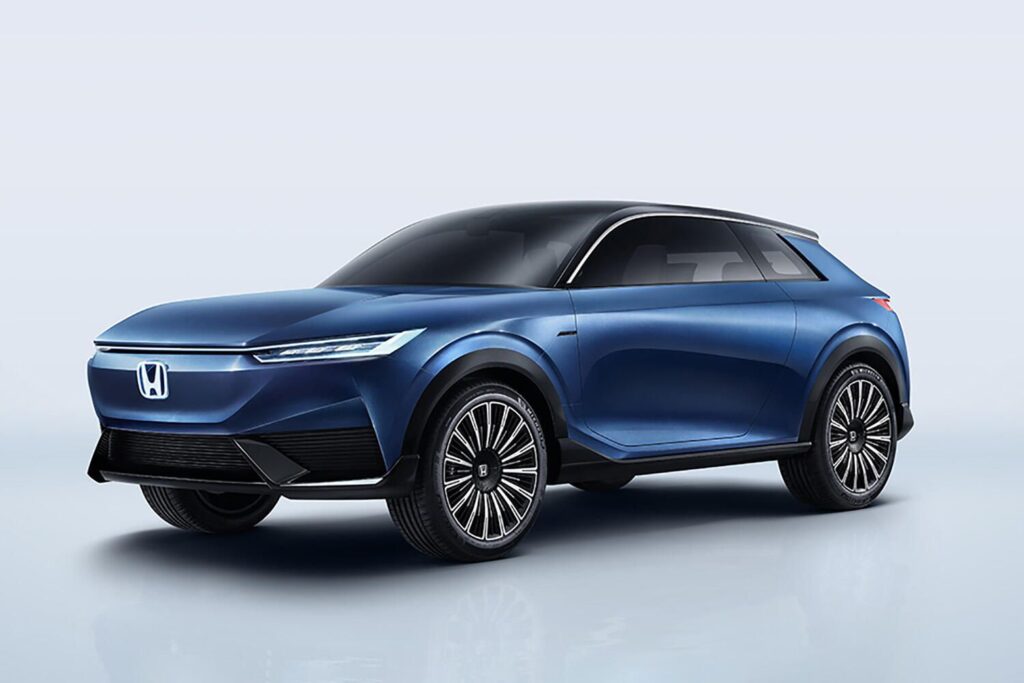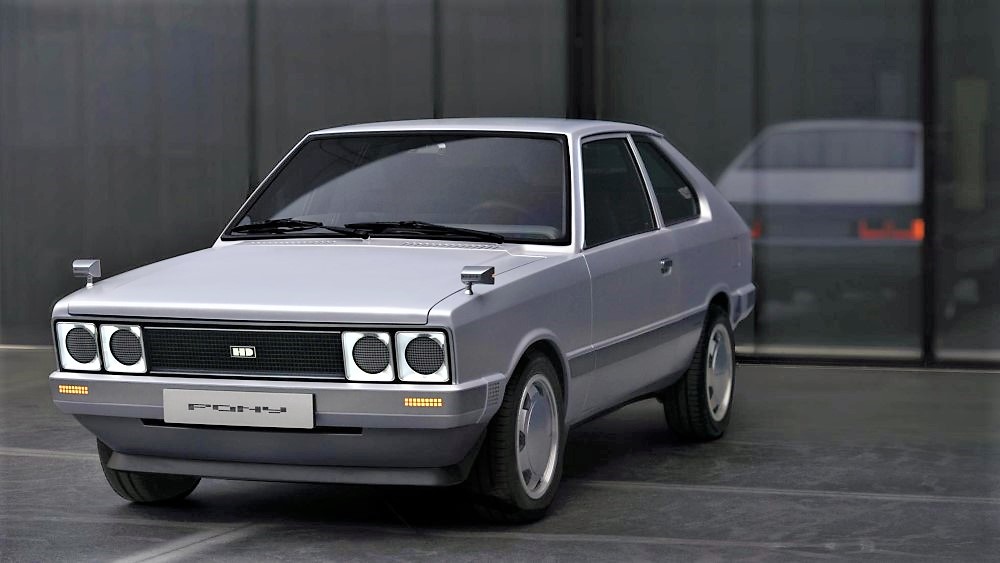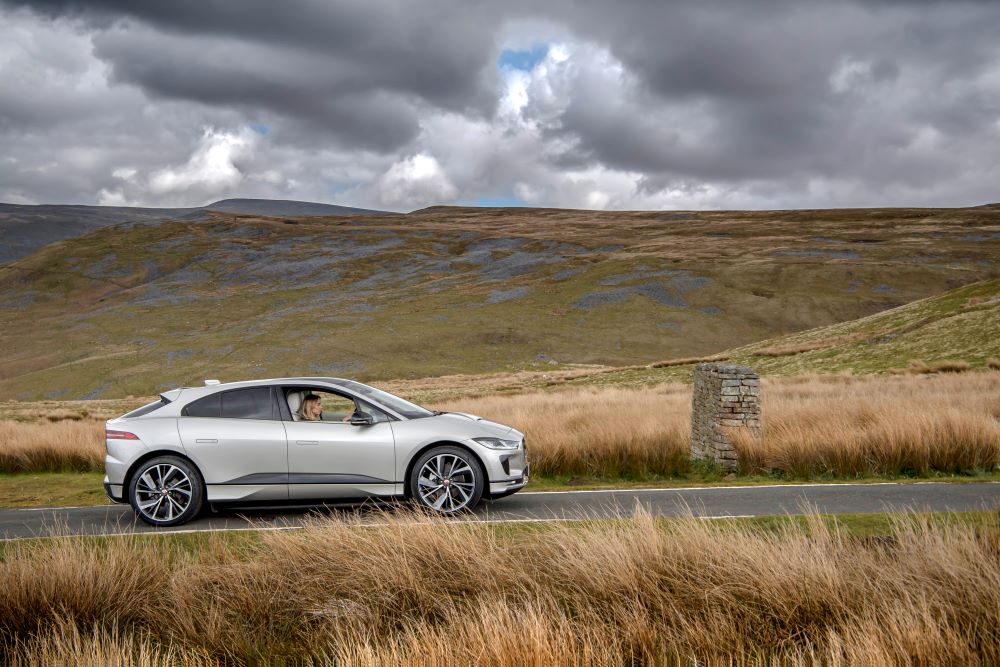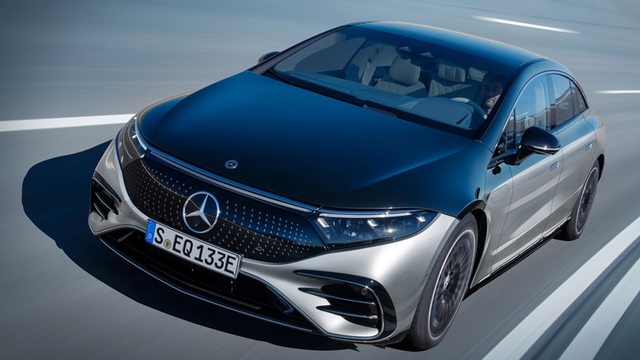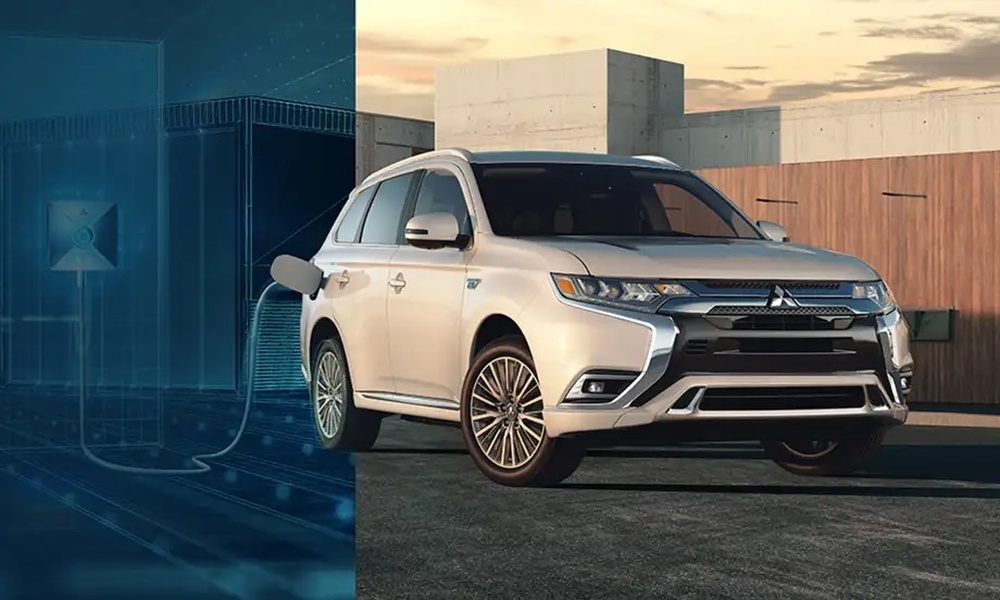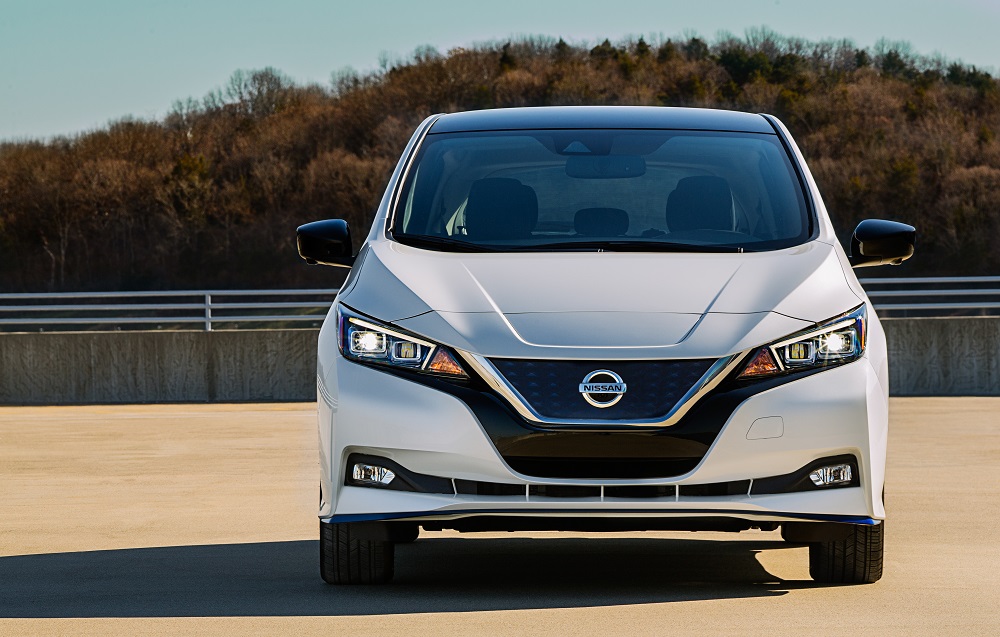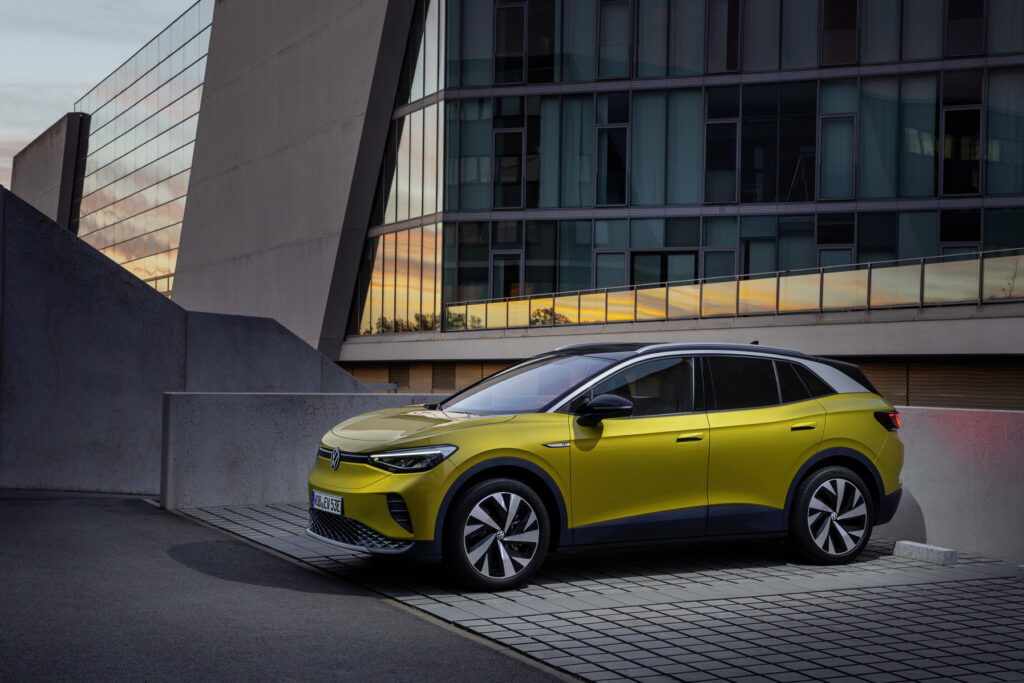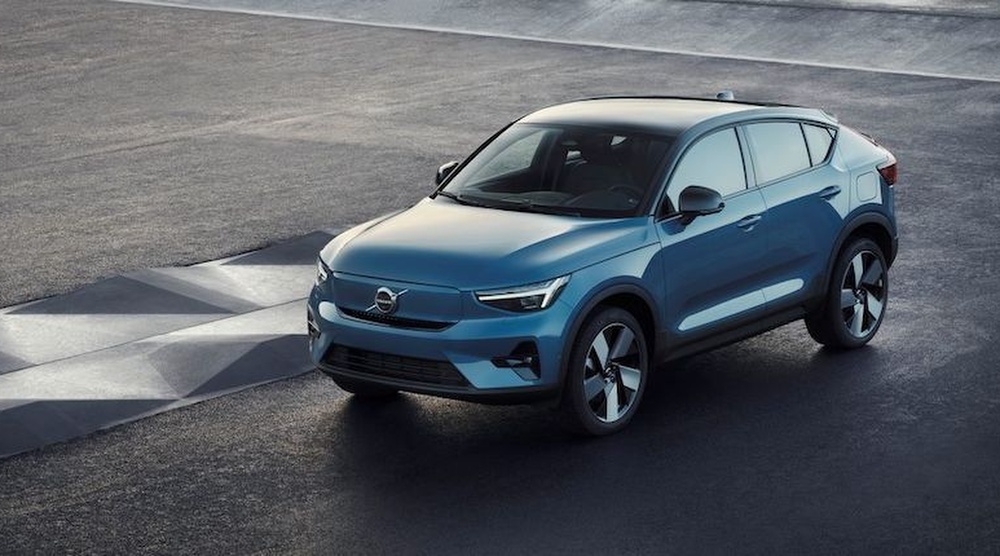Our EV Future: Where the Major Automakers (OEMs) Stand Today
Most legacy OEMs plan to adopt full-scale electric mobility soon, and many already stopped developing new internal combustion engines. Welcome to our EV future… today.
It is not surprising that electric cars are fast replacing internal combustion (IC) vehicles seeing how inefficient combustion engines can be. IC engines deliver only 25 to 35 percent energy efficiency as most of the energy produced by gasoline/diesel-powered motors is lost in form of heat. Their electric counterparts deliver around 80% energy efficiency, which is one of the reasons behind the success of electric vehicle manufacturers like Tesla. With the growing popularity of EVs, the global automotive industry is fast adopting electrification, and here’s a current list of every automaker that intends to adopt a full-scale EV future.
(Please note that we’ll continue to update this list as more OEMs announce and update their plans for electrification.)
BMW
Unlike its fellow German automakers, BMW was an early adopter of electric-only mobility. The company generated a lot of excitement recently, by introducing its first-ever battery-powered M division model- the BMW i4. The Bavarian automaker has plans to reduce 80% of its factory carbon emissions by 2030 and expects its EV portfolio to account for 50% of its total global sales by the end of the decade.
Fiat
Fiat has confirmed that it does not plan on making any major investments in the IC engine space. The company will work with FCA and PSA’s current combustion engine range. Starting from 2025, the company also intends to phase out all ICE models. The automaker also has plans to become an EV-only brand by 2030.
Ford
Ford recently proclaimed that its entire European portfolio will be zero-emissions capable by 2026. The Blue Oval brand also revealed that it will adopt full electrification in Europe by 2030. Ford also wants to achieve carbon neutrality by 2050 but will continue developing combustion engines for limited applications in the US.
GM
Powered by its Ultium battery technology, General Motors is demonstrating the prowess of EVs with its highly-anticipated Hummer SUT, which recently took on the grueling terrains of Moab. In the fall of 2020, the automaker also announced that it will be transitioning into an electric-only future and plans to introduce 30 all-electric models by 2025. Right now, General Motors is aiming to achieve carbon neutrality by 2040 but plans on developing IC engines through 2035.
Honda
The Japanese government is currently considering a proposal that will ban internal combustion car sales in the country by mid-2030. Back in 2019, Honda revealed that it is also considering advancing its plans to only sell hybrid and EV models in Europe and will probably switch to an electrified portfolio for the European market after 2022.
The automaker also partnered with General Motors for the use of the Ultium battery architecture, which will underpin two electric SUV models that are expected to make their debut by 2023. The company also expects almost 40% of its North American product portfolio to comprise hydrogen-powered FCEV and BEVs by 2030.
Hyundai
Korean car manufacturer Hyundai might be the next brand to make the switch to electric powertrains. A recent Reuters report claims that Hyundai might slash its combustion engine program to divert more resources to the company’s EV models. An anonymous source told Reuters, “It is an important business move, which first and foremost allows the release of R&D resources to focus on the rest: electric motors, batteries, fuel cells.”
Jaguar Land Rover Group
In February, the Jaguar Land Rover group revealed its intentions to go all-electric by as early as 2025. The company recently updated its battery-powered I-PACE crossover, which now gets improved charging capabilities, and with the 2025 deadline, it is quite possible that JLR already has many more electric-only models in the pipeline.
Mercedes-Benz
Mercedes-Benz’s all-electric EQ sub-brand recently unveiled the 2022 EQS electric sedan, which will be Merc’s first battery-powered offering in the US. The German automaker has also confirmed that it will no longer develop IC engines and plans to electrify its entire portfolio by 2022. This will include Tri-star brand’s AMG, Maybach, and G-Wagen nameplates.
Mitsubishi
2050 is a very important target for the global automotive industry. Most legacy automakers plan to achieve complete carbon neutrality by mid-century. Mitsubishi Motors has similar plans, as the company recently revealed in its new environmental plan. The company claims that by 2030 50% of MMC’s global vehicle will comprise BEVs.
Nissan
Nissan kicked off 2021 with a radical announcement. The company declared that it will electrify all new models in its key markets by 2030. Nissan was one of the earliest automakers to introduce a BEV nameplate with the Leaf EV, and recently, the company ventured into the battery-powered crossover segment with the ARIYA.
Toyota
Since 2017, we have been impatiently awaiting Toyota’s electric-only push after the Japanese automaker announced its plans to stop developing combustion engine technology post-2040. The company’s e-TNGA platform shows a lot of promise, and the company recently demonstrated its commitment toward electric mobility by showcasing its bZ4X concept at Toyota’s headquarters in Plano, Texas.
Volkswagen AG
The Volkswagen auto group is going through a major overhaul, and the Wolfsburg-based brand has confirmed that it will no longer develop ICE powertrains. VW’s subsidiary Audi also announced that it will no longer develop IC engines, and VW’s sports cars sub-brand Porsche recently revealed its plans to electrify 80% of its model range by 2030. Bentley and Lamborghini are also electrifying their future products.
Volvo
Swedish automaker Volvo plans to introduce a new EV every year for the next 5 years. The car manufacturer wants its electric-only models to be responsible for 50% of the company’s global sales by 2025. Volvo’s electric-only sub-brand recently announced that its next offering will be called Polestar 3. The upcoming model will be a performance SUV, which will be manufactured out of the company’s plant in Ridge Ville, South Carolina.
Image Sources: Ford, GM, Jaguar, Honda, Mitsubishi, Nissan, Fiat, Hyundai, Redline Reviews, Volkswagen AG, BMW, Mercedes-Benz, Volvo

